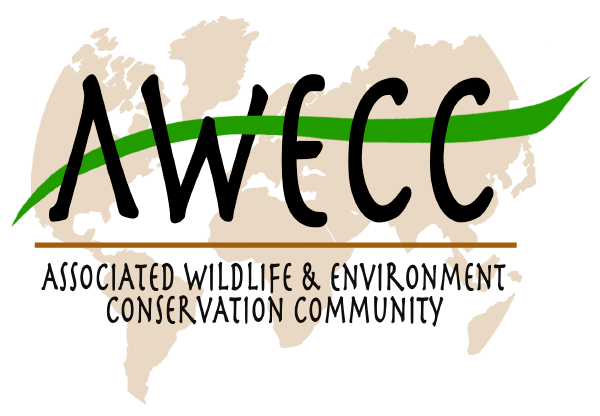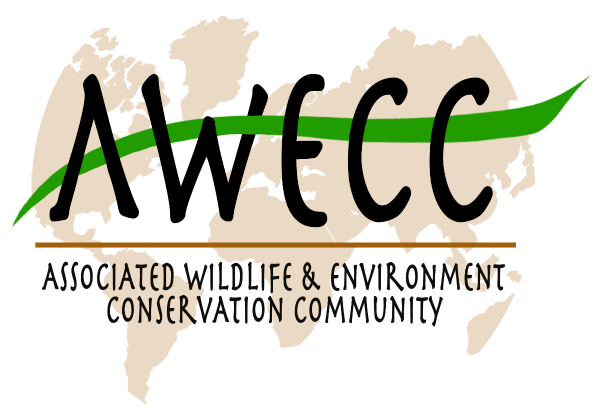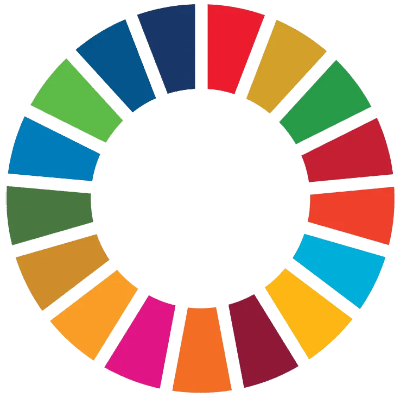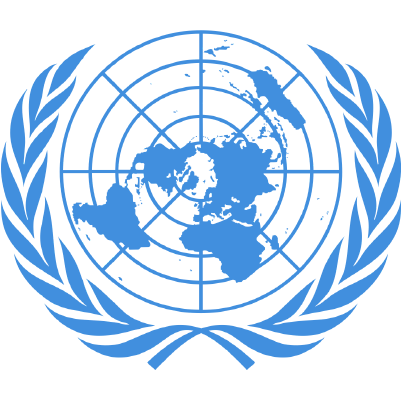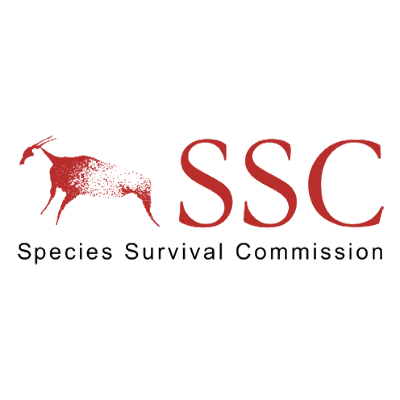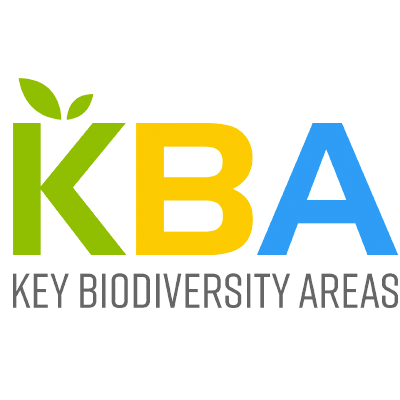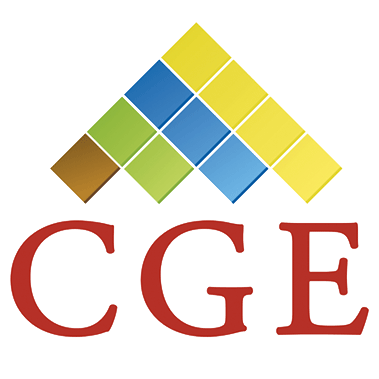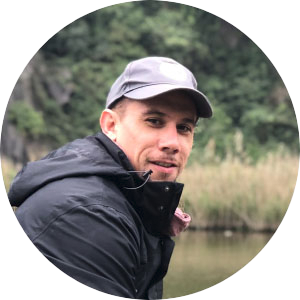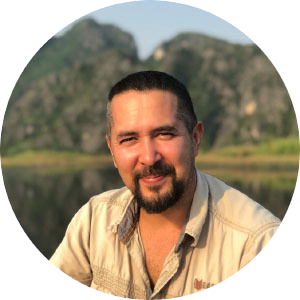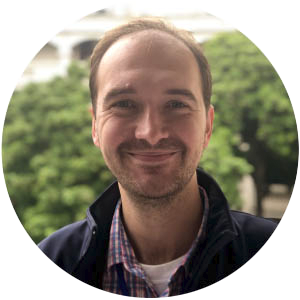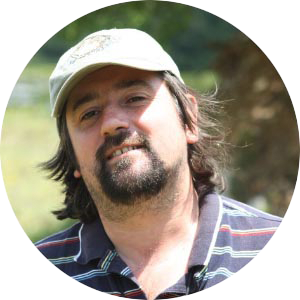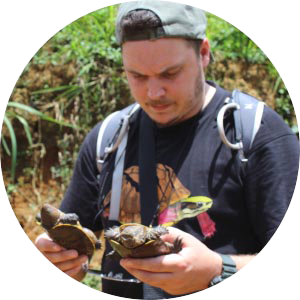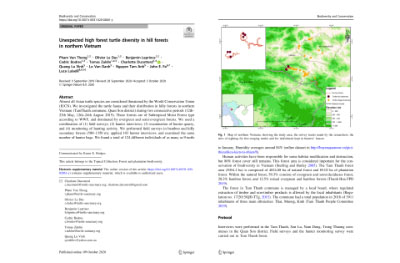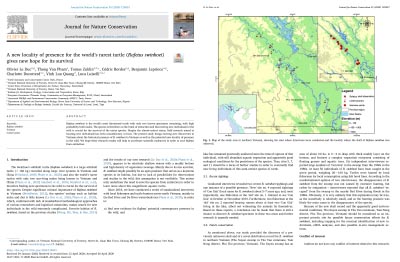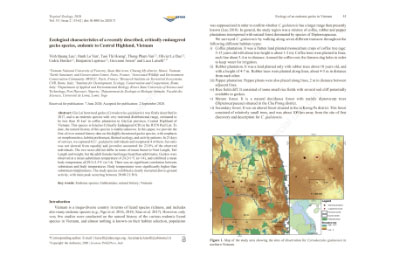Who are we ?

« Nature is declining globally at rates unprecedented in human history — and the rate of species extinctions is accelerating, with grave impacts on people around the world » (Rapport 2019 IPBES).
Environmental conservation and management are now essential for the future of biodiversity and people on Earth. We have entered a decisive decade in the face of increasing threat of collapse around the world.
AWECC is a non-governmental organization (NGO) which is dedicated to supporting intergovernmental organizations like the UN or WHO in carrying out their environmental action programs. It places its scientific and methodological expertise at the heart of its actions. Its mission follows the priorities dictated by these leading international bodies.
Our organization actively contributes to the achievement of Sustainable Development Goals. To do so, AWECC surrounds itself and coordinates complementary groups of experts in order to collectively apply the most efficient means of action. It thus catalyses the positive effects of approved processes on the environment and populations, while carrying out research missions.
As a civil society organization, AWECC takes part in natural capital accounting, as well as in structuring global risk assessments for the IUCN Red List of Ecosystems and the World Red List of Threatened Species.
AWECC connects independent researchers and organizations with a view to create an efficient and dynamic research in biodiversity conservation, environmental protection and sustainable development sectors.
Our goals

- Coordinate study and research units in complementary scientific fields in priority areas
- Contribute to the achievement of the objectives of the Convention on Biological Diversity and the United Nations (UN) Sustainable Development Goals
- Update the biological data of endangered wildlife, essential to IUCN
- Supporting human populations in urgent societal and environmental transformations
Our scope of intervention

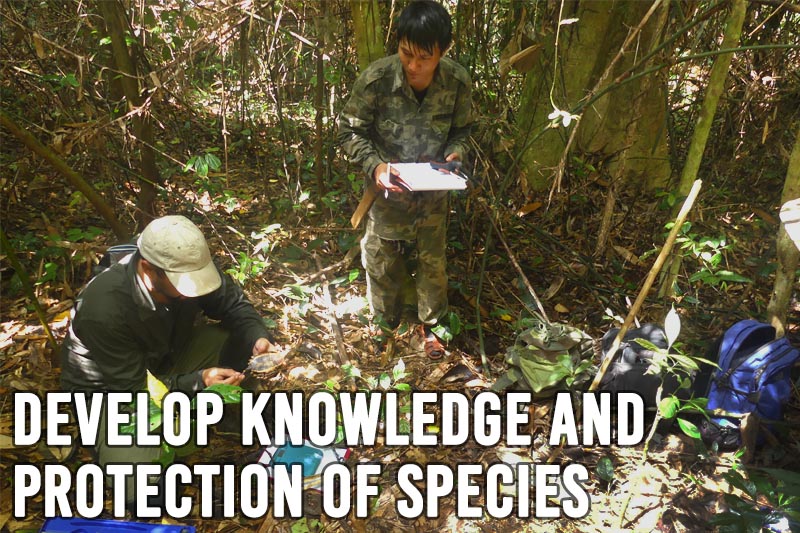
Wild natural zones are studied to assess their overall health. The results are published in scientific journals to allow specialized groups of experts to act in a targeted and structured manner. These methodical evaluations of living things are an obligatory first step in any plan to save animal and plant species in any habitat.
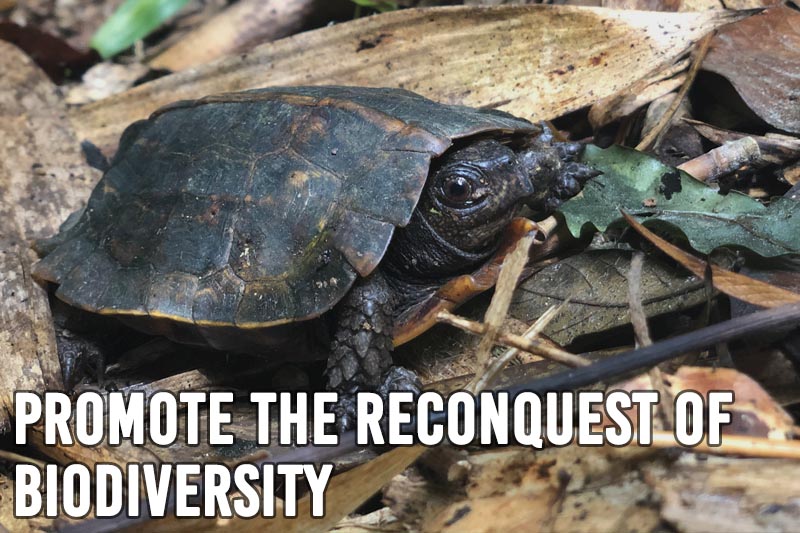
Priority areas are selected according to standardized criteria that allow wild fauna and flora to reclaim a degraded environment or ecosystem. These localities aim to serve as benchmarks for researchers developing and perfecting the methods of green recovery. Because of the current climate change, there is a n obvious need to sometimes review already approved and proven models – innovative approaches give a lot of hope for future.
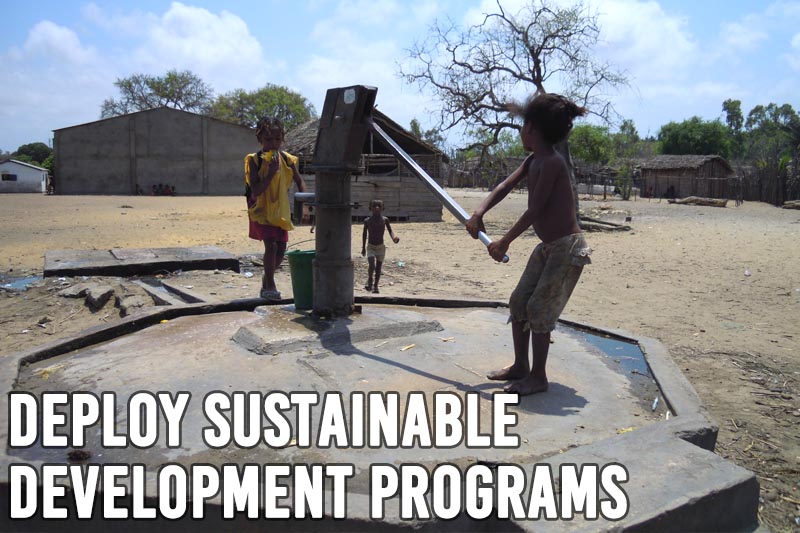
The problems faced by human populations in natural or rural areas are numerous. Identifying them and analyzing their interaction with the environment is essential to define the best possible solutions. This is why the AWECC’s programs systematically include a socio-economic aspect in any biodiversity conservation project.
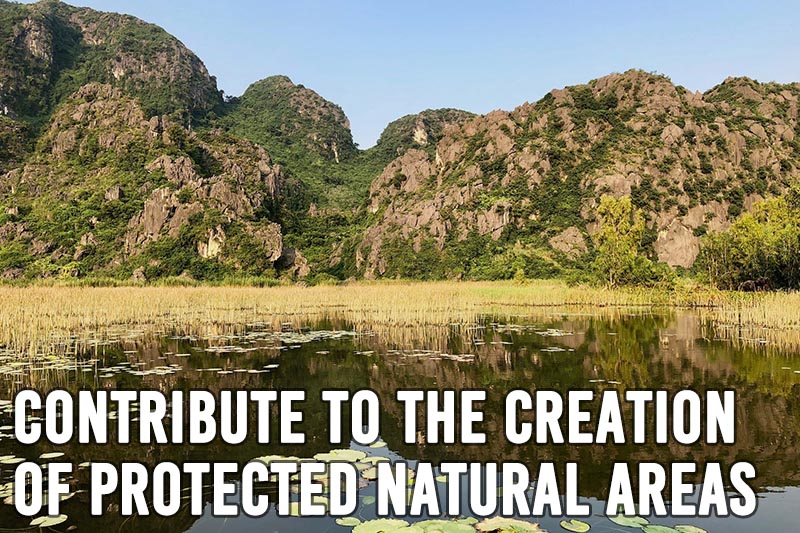
Faced with the erosion of ecosystems which seriously undermines the natural balance in multiple regions and consequently threatens millions of people, the public authorities are forced to act and restore natural spaces, which now becomes a priority on a planetary scale. AWECC is committed to fostering the cooperation of key players to lead its green programs on an eco-regional scale, with priority being given to biodiversity hotspots.
Publications

Biodiversity and Conservation, 2020
Unexpected high forest turtle diversity in hill forests in northern Vietnam
Journal for Nature Conservation 55, 2020
A new locality of presence for the world’s rarest turtle (Rafetus swinhoei) gives new hope for its survival
Tropical Zoology Vol.33, 2020
Ecological characteristics of a recently described, critically endangered gecko species, endemic to Central Highland, Vietnam
